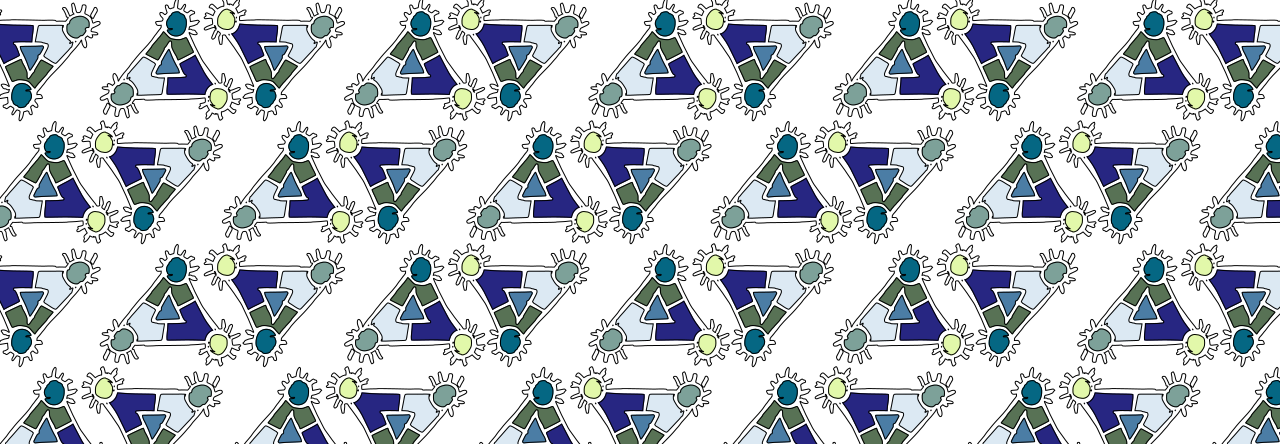Category: Uncategorized (Page 1 of 2)
Years ago I funded a wonderful project. We raised money to pay musicians to play classical music scores so that we could record them and release them immediately into the public domain. That effort was a success.
Now, I’m finally able to share the fruits of the second project to do the same with the complete works of Frédéric Chopin. This is a wonderful collection. Please listen here. Please download. Please share.
I’ll talk about this more later. For now, enjoy.
Or: What is it that [“original” artist] doesn’t have that s/he would have if [other artist] had never appropriated the[ir work]?
What is it that Heath doesn’t have, that he would have if Lichtenstein had never appropriated the panel?
Nothing to add. Go see the pictures. (seriously. go.)
I took what was weird
repackaged it whole
sealed it in plastic
up-charged for in stores
and for a small fee
— I loan my IP —
you can license
repackaged-sealed-weird
just like me
(but not for free)
What a terrifying—and true—statement about our times:
algorithms are values.
via Twitter Respected Our Choices Until It Didn’t – My Linux Rig.
Very interesting quotes on the proper balance of study and practice. The article relates the idea that pre-testing (i.e. failing) primes the brain for future success by opening different neural pathways than studying a single question:answer relationship.
The quickest way to master that Shakespearean sonnet, in other words, is to spend the first third of your time memorizing it and the remaining two-thirds of the time trying to recite it from memory.
Further, it expands on the processes of remembering, studying, and guessing. Of the three, guessing is the most likely scenario to result in failure, and this failure once again inspires a fuller listing of associations to spur memory.
Retrieval — i.e. remembering — is a different mental act than straight studying; the brain is digging out a fact, together with a network of associations, which alters and enriches how that network is subsequently re-stored. But guessing is distinct from both study and retrieval. It too will reshape our mental networks by embedding unfamiliar concepts (the lend-lease program, the confirmation bias, the superego) into questions we at least partly comprehend (“Name one psychological phenomenon that skews our evaluation of evidence”). Even if the question is not entirely clear and its solution unknown, a guess will in itself begin to link the questions to possible answers. And those networks light up like Christmas lights when we hear the concepts again.
It seems clear that this linking of failure, guessing, and higher test scores — derived from more complex mental associations — may contribute more directly to creativity.
via Why Flunking Exams Is Actually a Good Thing – NYTimes.com.
The dishes clearly need to be washed. There’s no ambiguity about whether it’s a necessary task and when you’re washing the dishes, it only takes a tiny portion of your attention — a tiny portion of your mind — and so the rest of your mind just wanders around drifting and stumbling across all sorts of interesting shit. And then when you’re done, it’s clearly done. You say: Yep, moving on to my next task. And honestly, I don’t exactly know how to phrase it, but that was the most pleasant aspect of the whole thing. My day was a series of discrete things that I knew that I wanted to do, and I knew when they were done and none of them were lingering. At night, I had achieved them and they were done and it was all off my plate and there was nothing hanging there for later. It made me nostalgic for manual labor.
via 5 Things You Learn When You Take a Yearlong Break From Facebook, Twitter, and Work (nymag.com).
I’m relieved to learn that someone has taken the time to codify terms and phrases related to pre- and post-web. There are currently—and increasingly will be—reasons to mourn what we have already lost. We should also celebrate the many advantages.
Straddle Generation
Neither Digital Natives nor wholly Digital Immigrants; they were born in the 1980s and will be the last people to remember life without the Internet. After she got text-dumped, Stacey was determined to only date Straddle Gen guys. “They’re so Romantic!”
via The End of Absence: Reclaiming What We’ve Lost in a World of Constant Connection – Boing Boing.
Every craft requires attention to detail. … Unless you are obsessed by what you’re doing, you will not be doing it well enough.
via Being obsessive about detail is being normal | Spiekerblog.

